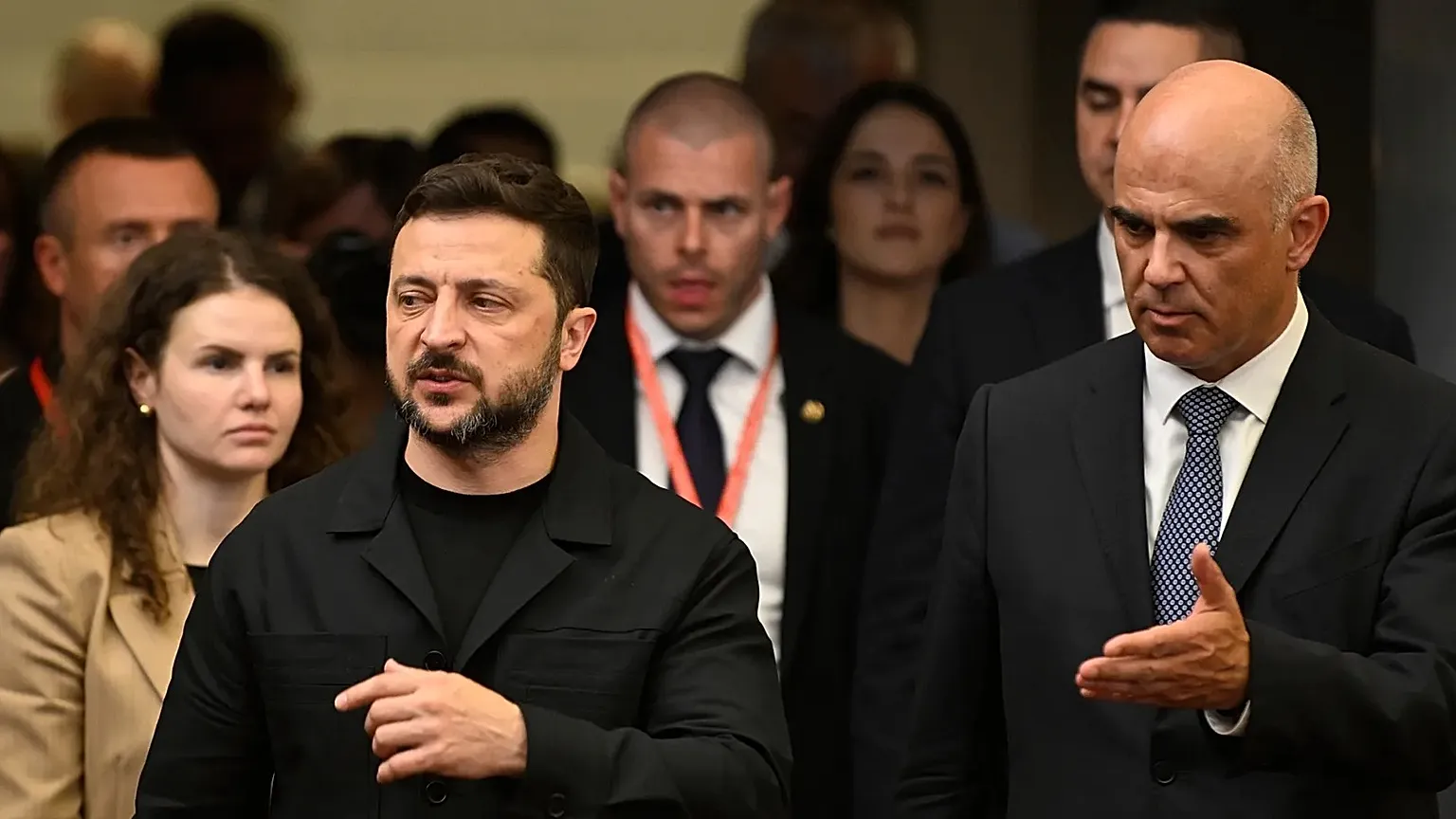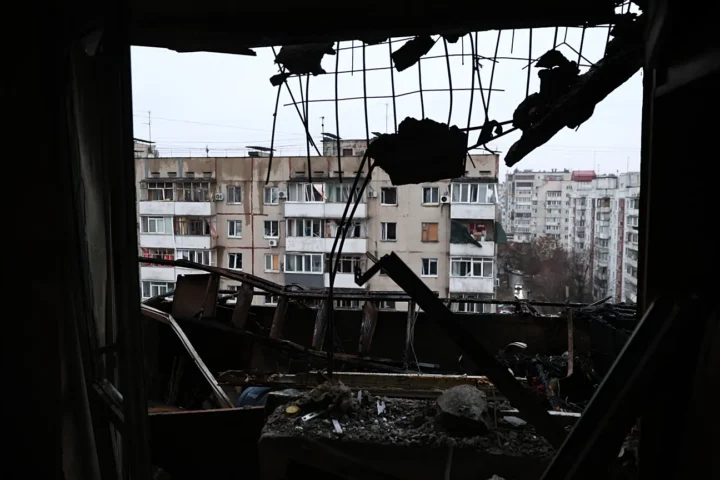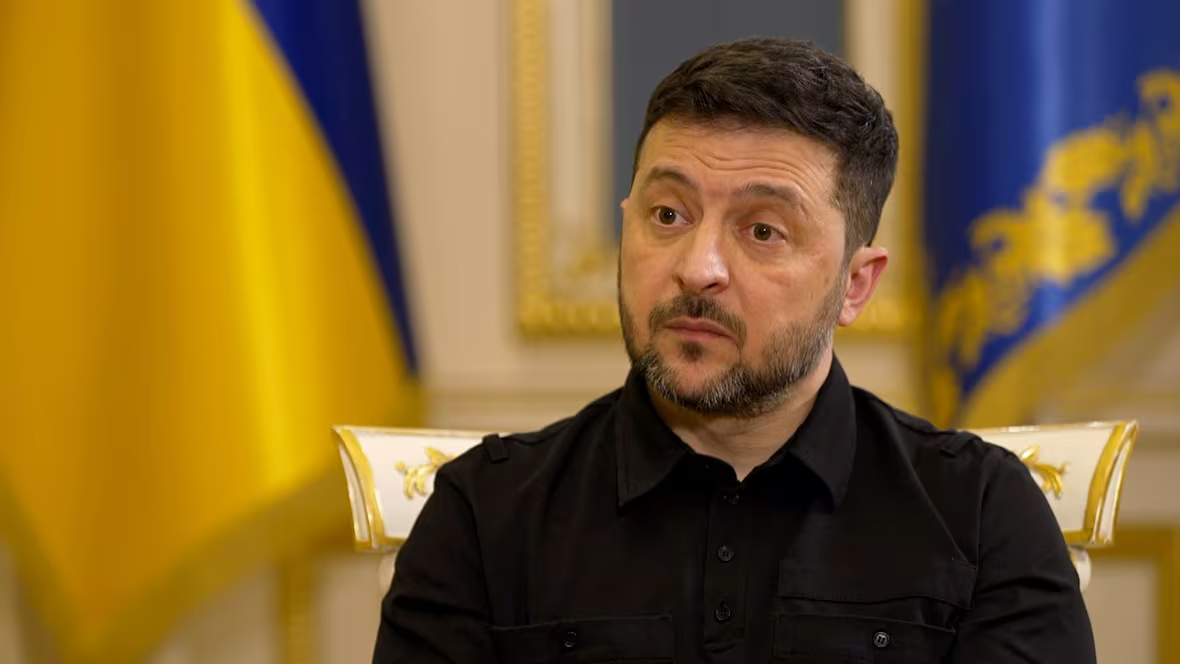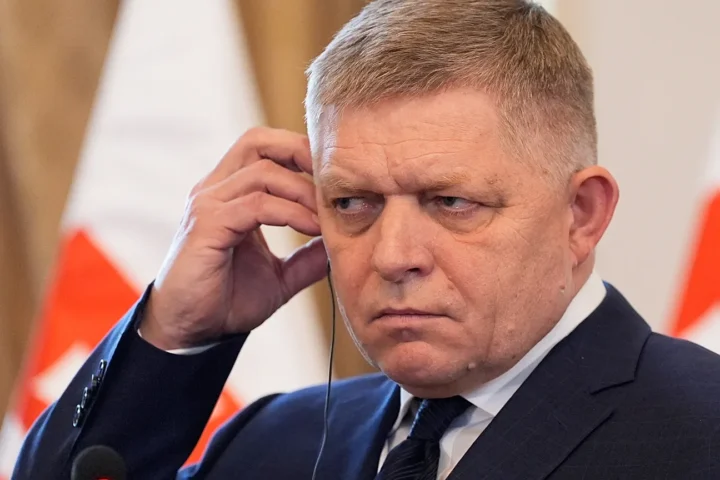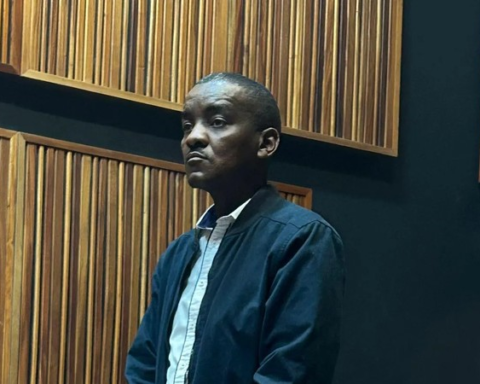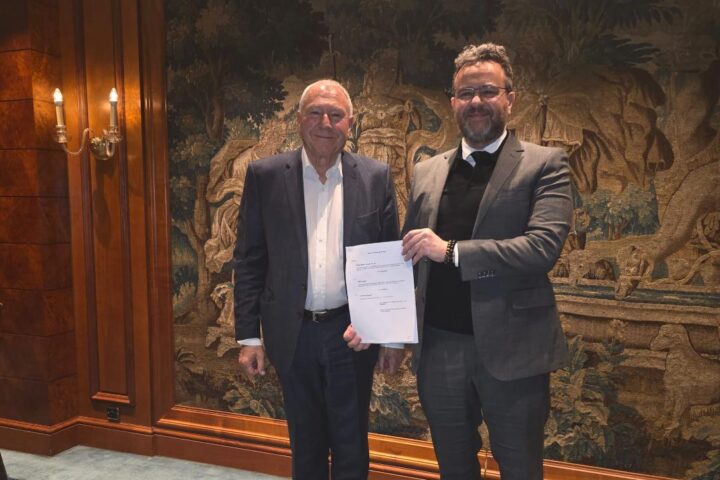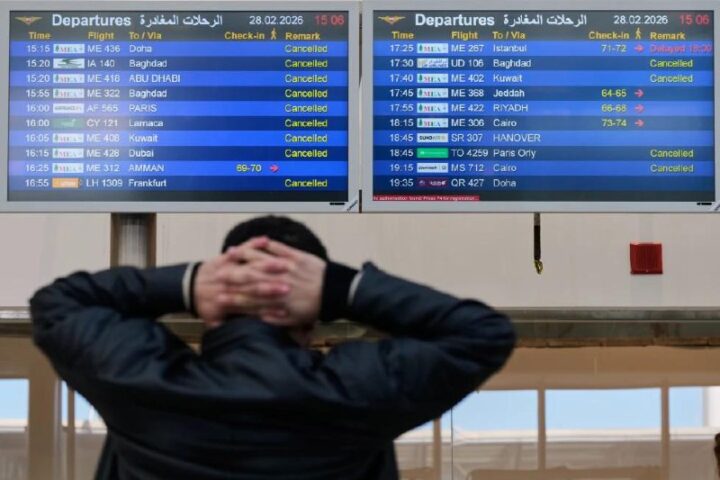In 2025, the Council of Europe and Ukraine formally signed an agreement to establish the Special Tribunal for the Crime of Aggression against Ukraine — a long-anticipated mechanism designed to hold accountable those responsible for Russia’s full-scale invasion. The tribunal was meant to fill a major gap in international law: while existing institutions such as the International Criminal Court can prosecute war crimes, crimes against humanity, and genocide, they cannot prosecute the crime of aggression by state leaders.
This tribunal therefore symbolized more than a legal innovation. It represented a promise — that the architects of the invasion would face justice, and that the principle of accountability would stand firm in the face of geopolitical might. Yet, only months after its establishment, serious doubts are emerging about whether the tribunal will ever fully launch. The reason is not legal complexity or political opposition alone, but the most fundamental of obstacles: money.
The Promise of the Tribunal
The Special Tribunal for the Crime of Aggression against Ukraine was designed to prosecute high-level political and military leaders responsible for initiating the invasion. Its founding agreement created the legal framework, statutes, and organizational structure needed to operate under international law. Once fully established, the tribunal would have the authority to issue indictments, conduct trials, and impose sentences — including life imprisonment and confiscation of assets, with proceeds directed toward a victims’ compensation fund.
In principle, this was a landmark achievement. It filled a legal void left since the Nuremberg Trials and signaled a return to the idea that leaders can be personally accountable for wars of aggression. For Ukraine, it also represented a vital instrument of justice and a key step toward post-war reconciliation.
The Financial Challenge
Despite the enthusiasm, the financial realities soon set in. Early estimates placed annual operational costs at roughly seventy to eighty million euros — covering judges, prosecutors, security, translation services, and international coordination. Beyond that, additional spending would be needed for offices, witness protection, and digital infrastructure.
European donors, already burdened by ongoing support for Ukraine’s war effort, began to express hesitation. With many national budgets stretched by defense spending, energy subsidies, and domestic priorities, new commitments to a costly legal institution appeared politically difficult. At the same time, uncertainty about the level of U.S. participation created further hesitation among European partners.
Without reliable pledges, the tribunal’s launch remains in limbo. Although the legal groundwork is complete, the operational phase cannot begin without a stable financial base.
Why Budget Concerns Matter
Funding issues are not merely administrative — they strike at the heart of the tribunal’s legitimacy. First, delays in securing funds stall the hiring of legal and technical staff, preventing the tribunal from opening cases or collecting evidence in time. Justice delayed risks becoming justice denied.
Second, the tribunal’s statute requires a sufficient number of states to participate and contribute financially before it can function. If states hesitate or delay their pledges, the tribunal could fail to meet its activation threshold.
Third, unstable funding could limit the scope of investigations, reduce outreach to victims, and weaken the overall impact of the institution. The risk is not only of inefficiency but of diminished moral authority.
Lastly, the tribunal was intended to set a precedent for future accountability mechanisms. If it collapses under financial strain, it could send a damaging message — that even when the international community agrees on the need for justice, it cannot sustain the resources to enforce it.
The Broader Fiscal Context
The funding difficulties must be understood within a wider context of economic strain. Ukraine’s national finances remain heavily dependent on external assistance. While tax revenues have improved, the country faces a massive deficit and an economy still reeling from war. Donor nations in Europe are under similar pressure, grappling with inflation, defense costs, and voter fatigue.
At the same time, global political shifts and competing crises have diverted attention and resources. As priorities multiply — from energy transitions to border management — the tribunal’s financing competes with many other urgent needs. In this environment, sustaining political will becomes as important as finding the funds themselves.
The Cost of Inaction
If the tribunal’s creation stalls, the consequences could be profound. A failure to launch would weaken the broader principle of accountability in international law and embolden those who see aggression as a low-risk strategy. It could also disillusion Ukrainian citizens and victims’ groups who view justice as an essential part of recovery and peacebuilding.
Moreover, a symbolic tribunal that never operates would undermine confidence in international institutions. It would represent a missed opportunity to transform moral outrage into tangible legal action — something the world has often promised but rarely delivered.
Why the Tribunal Must Be Preserved
Despite the budgetary setbacks, the tribunal remains a crucial endeavor. It is the only mechanism capable of prosecuting the leadership crime of aggression — the ultimate violation of international peace. Its creation represents a moral and legal commitment not only to Ukraine but to the world: that no state, however powerful, can escape responsibility for unlawful war.
Beyond legal outcomes, the tribunal serves a symbolic purpose. It reaffirms that the international order values accountability and that aggression will not be tolerated. For Ukraine, it provides a foundation for justice, truth, and historical record — essential components of national recovery and long-term peace.
The Path Forward
Several steps could help save the tribunal from stagnation. First, donor states must commit to multiyear financial pledges that ensure stability and predictability. Second, the tribunal should adopt transparent budgeting and cost-control mechanisms to maintain public trust. Third, hosting arrangements could include cost-sharing agreements with the chosen venue to reduce overhead.
Innovative solutions, such as using proceeds from frozen Russian assets or interest generated from them, could also provide supplementary funding. Finally, continuous diplomatic engagement is essential to remind the world that this tribunal is not merely about one conflict, but about defending the principle that aggression must have consequences.
Conclusion
The Special Tribunal for the Crime of Aggression against Ukraine embodies the international community’s resolve to uphold justice and deter future wars of conquest. Yet its fate now hinges not on ideals but on financial realities. Budget constraints, donor fatigue, and political hesitations threaten to derail one of the most ambitious legal projects of the 21st century.
Justice, however, cannot depend solely on convenience or cost. The moral authority of the international system rests on its willingness to act — even when expensive, even when difficult. If the tribunal fails for lack of funding, it will not be because justice was impossible, but because the world lacked the will to pay for it.
The time to secure that will — and the resources that sustain it — is now.
